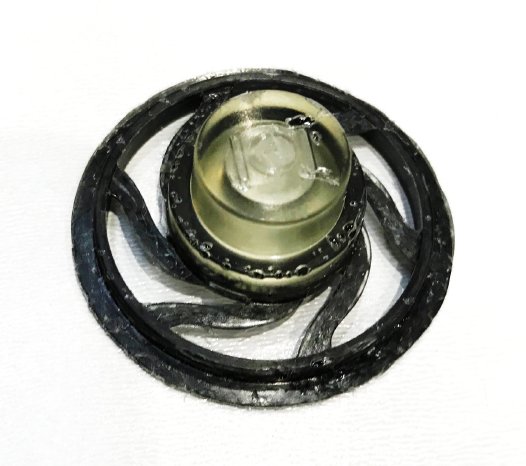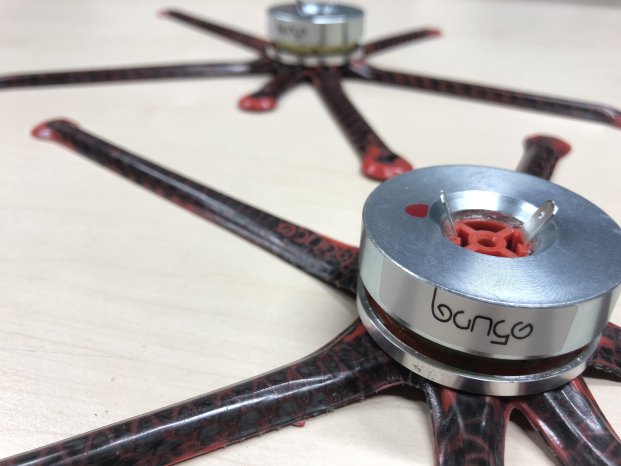In the current speaker designs, a magnet typically is mounted on a frame, and an exciter mass transfers the oscillations into a diaphragm to create sound waves. However, in an in-wall speaker, exciter generates heat, especially at higher power levels but this heat will be accumulated in absence of air flow. To maintain the efficiency of the speaker, this generated heat must be somehow dissipated.
Researchers at the University of Stuttgart have improved the design of an in-wall speaker and developed a new type of exciting mechanism that allows the exciter to operate very well, even in absence of a cooling air flow.
Gerd Falk and Benjamin Grisin from the Institute of Aircraft Design at the University of Stuttgart have developed a spring element for exciters that are made of continuous-fiber-reinforced plastics (carbon or glass fibers; e.g., CFRP) that are thermally conductive. Certain continuous fibers have very good thermal conductivity and by laying these fibers in desired directions, the heat flow will be controlled. With a suitable fiber orientation, the heat can be dissipated through the structure and there is no need to have any cooling air flow.
Using these continuous fibers, heat accumulation and material fatigue in spring elements will be reduced significantly, which consequently improves the life time of speakers. In addition, mechanical properties of the speaker’s structure will be improved by using continuous fibers to reinforce the spring element.
The inventors Gerd Falk and Benjamin Grisin have modified the design of the spring element and developed a prototype of this invention. They used a fiber-reinforced plastics (FRP) frame to improve sound amplification and efficiency of a speaker. This invention and prototype have been developed with support of ZIM Project fund and collaboration with Mechakustik GmbH.
This patent pending (DE, EP) novel invention can be used in any application that heat accumulation is a challenge due to limited access to speakers, such as: aviation, automotive, construction, music, events or venues.
Technologie-Lizenz-Büro (TLB) GmbH supports the University of Stuttgart in patenting and marketing the innovation. TLB is assigned to commercialise this pioneering technology and offers industries to collaborate and take the intellectual property rights through a license agreement.
For more information please contact: Innovation Manager Emmerich Somlo (somlo(at)tlb.de)


